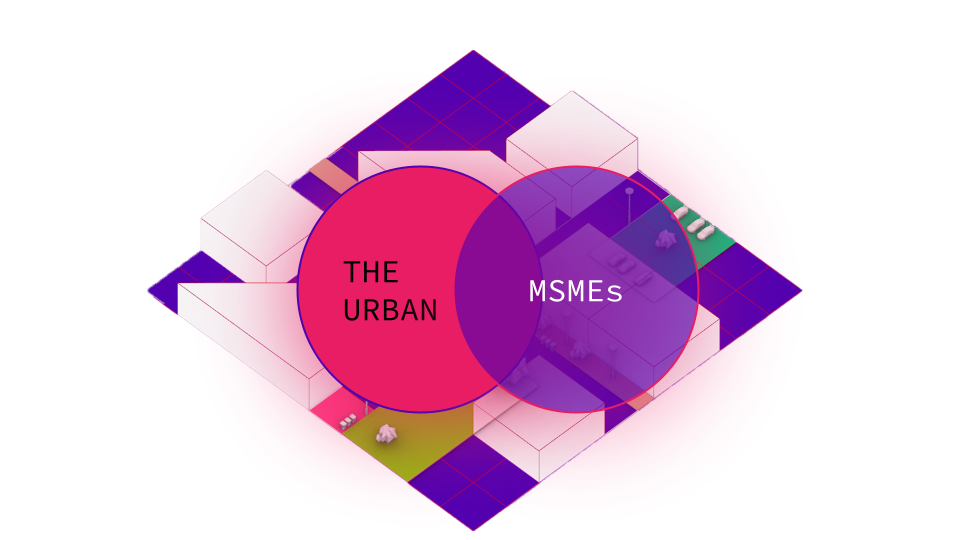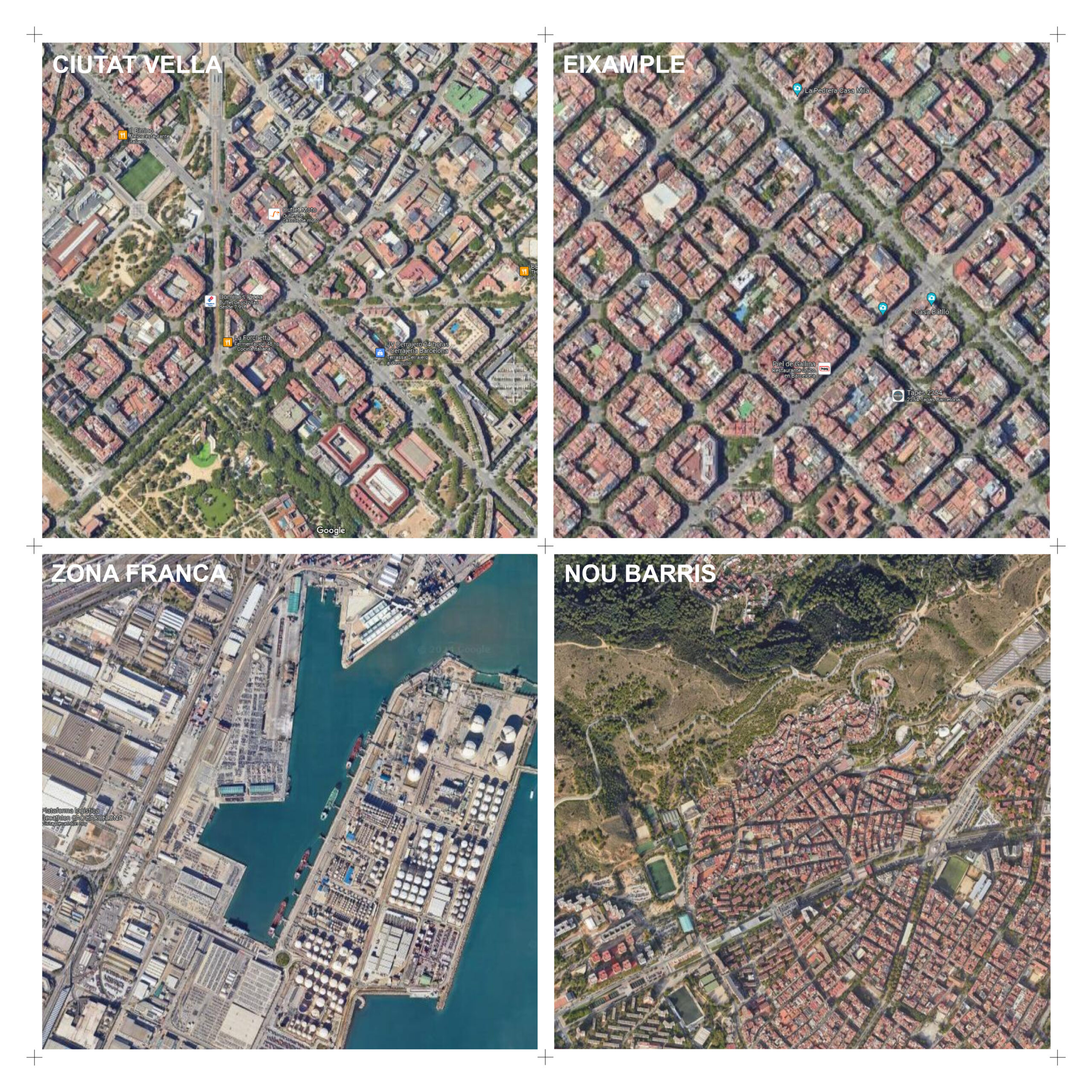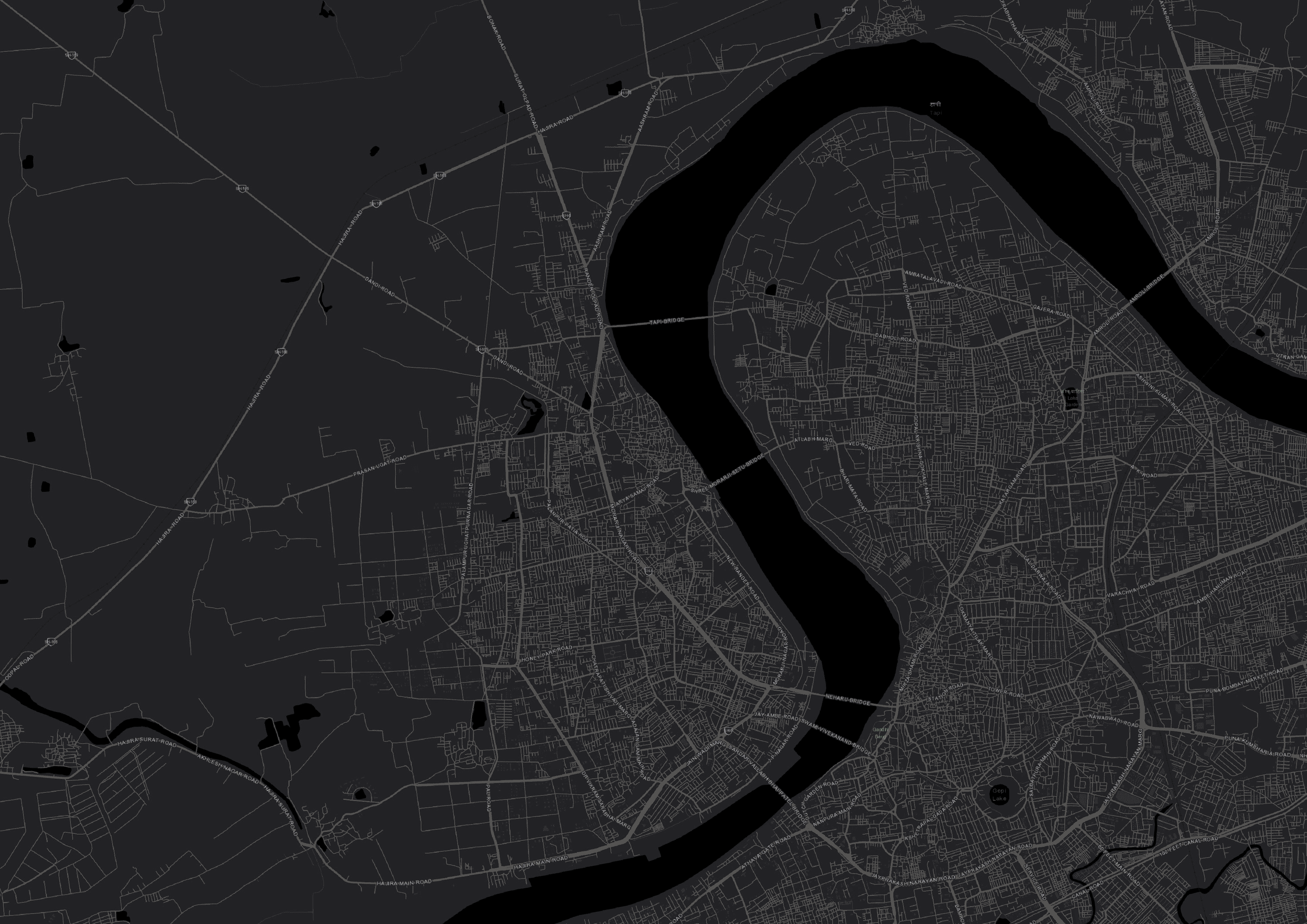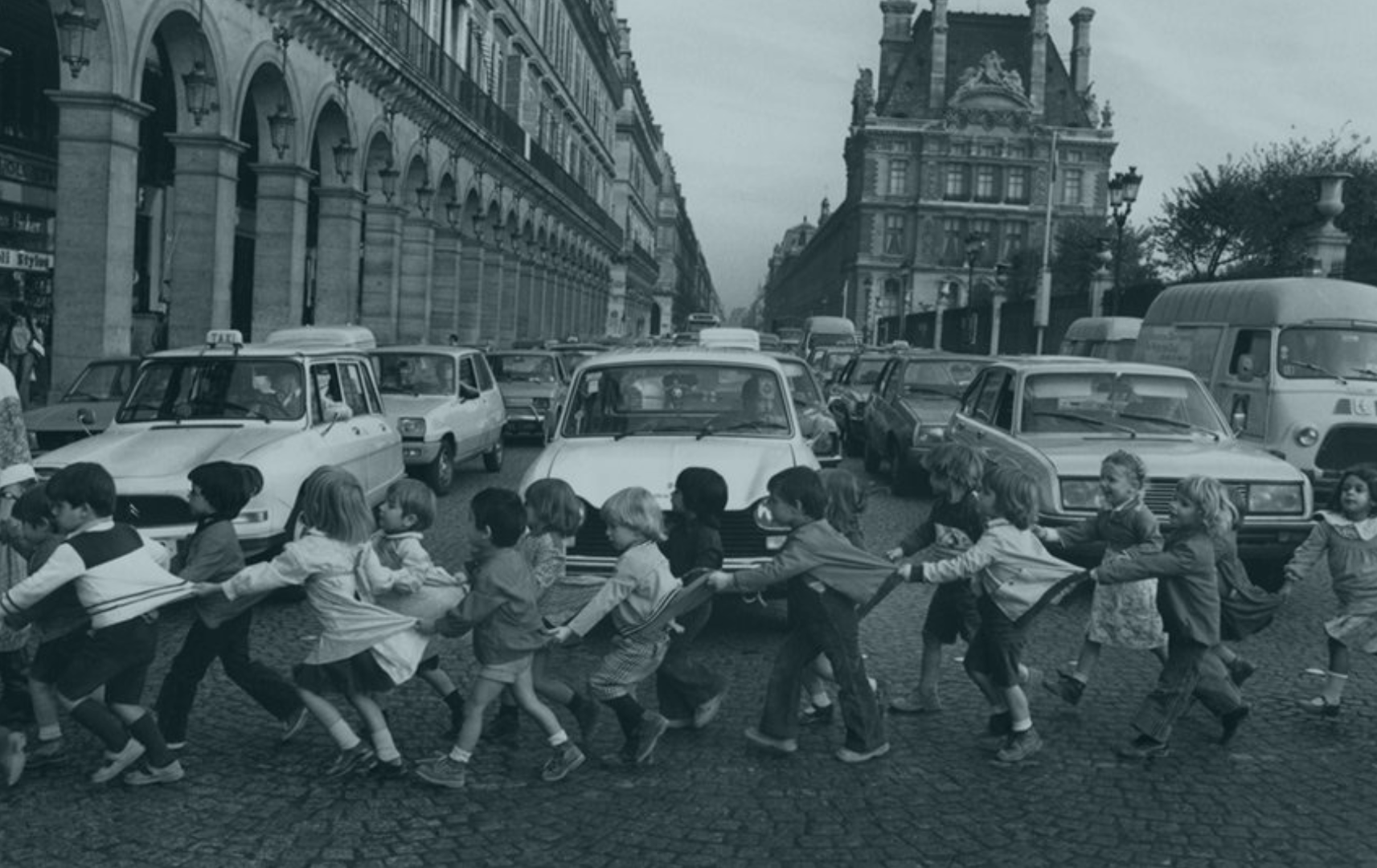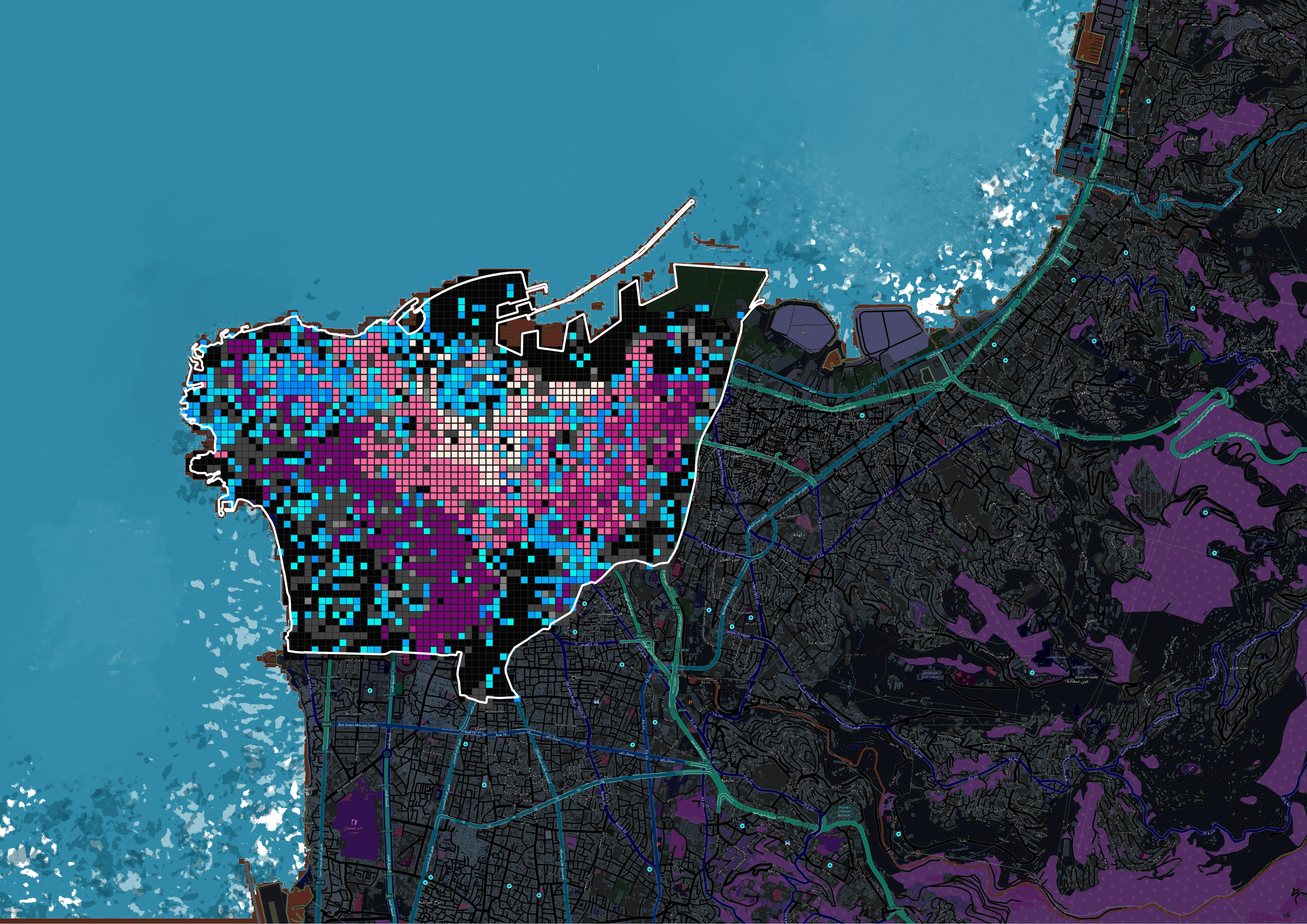DEMOCRATIZING CREDIT: A New Paradigm in Lending
The project envisions the use of novel data collection strategies for the purpose of increasing access to formal credit for MSMEs in the F&B Space Across the globe, cities face a pivotal challenge: unlocking the potential of their micro, small, and medium enterprises (MSMEs) to drive both urban transformation and national economic growth. These enterprises, often comprising over 90% of businesses in developing … Read more

